Y.Sunita Chowdhary
Editor Naveen’s belongs to one of those Telugu families settled in Dharmavaram in Anantapur district in the eighties. His mother hails from Mysore, Naveen however lives in Bangalore. Naveen’s father was on a government job and was an avid movie goer. It was obvious he developed the interest seeing his father watch NTR and ANR films three or four shows daily. Naveen recollects, “I would see Chiranjeevi’s films too. I would bunk school to watch films. What attracted me was storytelling in cinema. I enjoyed the dramatics, melodrama and mass elements. I remember watching Samarsimha Reddy five times in the theatre. We see every film that releases because that is the only source of entertainment those days. I took it seriously only in college when I thought of making film a career. Those days, there were only two options. Either become a doctor or an engineer and my parents like anyone else opposed my move of joining the film field as they felt there wasn’t any job security. They wanted me to finish graduation and do what I wanted later on. I was working at Wipro for three years and decided to quit and did a direction course at the New York Film Academy and a diploma in editing in Bangalore.”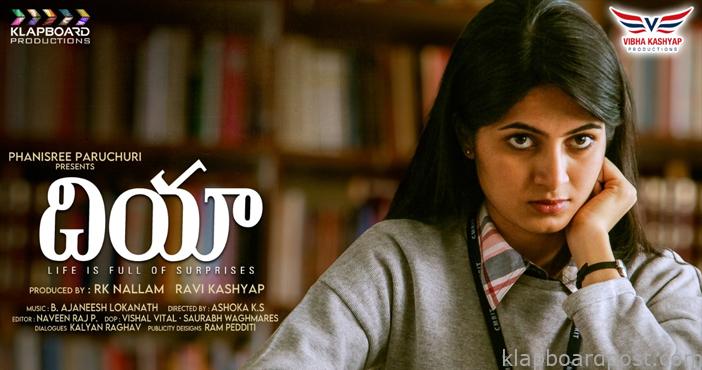
Why editing? “I was in a software company and well versed in software programmes. Editing is also a software and I thought I could easily learn it. It is connected to films and so did the editing course but my main aim was to direct a film. I went to the USA and when I came back I started working as an assistant director for a film that didn’t take off. We got the script ready but it didn’t take off in Bangalore. In the USA, I found no opportunities and Visa extension became a problem, but the education there changed my perspective.” Naveen cites a small and a simple example. On the first day in the class, the professor asked the students as to how many of them had done short films and the next question was, how many used the alarm scene in the morning with a man waking up from bed. All the 16 in the class raised their hands. The professor told us to change our thinking and explained that there was no hard and fast rule to begin a film at dawn. It could be at any time in the day or night. The exercises, on-field experience developed his confidence.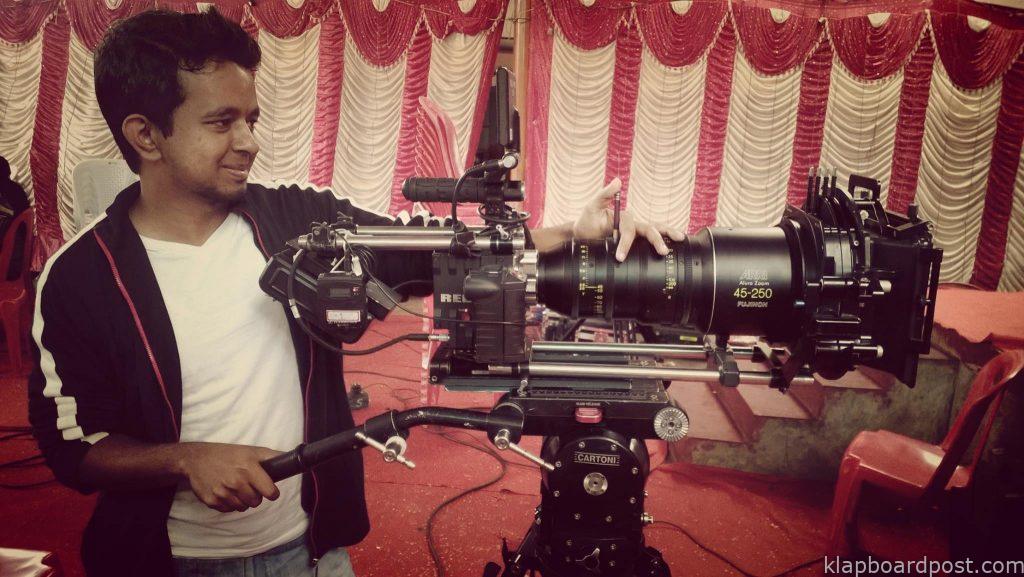
Naveen resolved to be a director but didn’t have contacts to get into the film industry so he used editing as a stepping stone. Once in it, he took his job seriously and so far he edited four films. He stresses his criterion to take up a project is the script and that it should be exciting and engaging. He shares, “A story should evoke some emotion in the audience, it could be comedy or a melodrama or even a suspense thriller. Length is not important and length necessarily doesn’t mean editing. If it is necessary for the story, I will retain the length. I see overall if it is touching us in some way. Even when my director tells me to cut it, I have a discussion with him and I justify it. There is no need for a song and dance if people get disconnected. In Dia we didn’t have anything as such. My first film ‘Six minus five is equal to two’ is a found footage genre, a first time in India. It is also Ashok’s, Dia film director’s first film. It was dubbed in Telugu as Chitram kadhu nijam. In the USA, I saw many films in that genre.” Naveen was working as an AD for a film and the director’s friend was Ashok. Ashok did ‘found footage’ and took him as an editor, it was a risk for him. Found footage is what one gets in a camera and it is played in the theatre. 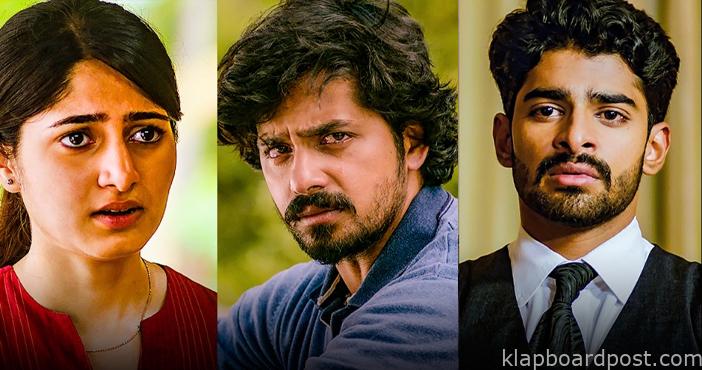
Naveen never worked as an assistant and began editing independently. The response was good and ‘Six minus three’ was a blockbuster hit. The next film was based on a real incident but was commercial in nature directed by Sashank. He began getting many horror films but Naveen decided to do films selectively. He quips, “Then I got this, I would go to the spot and edit. The edit done on location is not final. It helps in correcting mistakes or missed shots. We also know our current status and there is no necessity to re shoot. That is the advantage of spot editing. Assistant editors are on location mostly. In some cases, if the director is confident and doesn’t need any spot editing, there won’t be any. Dia is my third film and its director Ashok is a close friend, I discuss openly with him if the film works or not. I don’t do it with others. When I was narrated Dia by Ashok, I told him it will connect emotionally with the audience. I predicted that it will be a blockbuster if people get connected with the second half. The execution was right and we got the expected result. People said the first half was slow.”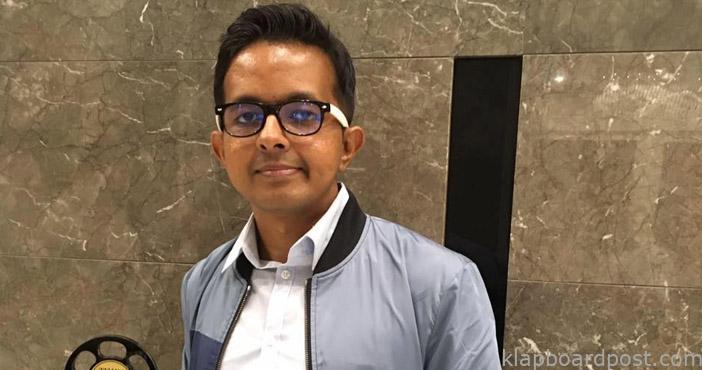
Naveen went with two versions. The first, with fast cuts and then second in a slow manner. He adds, “We felt if we have to catch the audience’s emotion, they have to sit through it despite the length. We held a preview for the college audience for around 250 and they said it was slow. Only college students were invited and by the end of the film, everyone was in tears. They loved the acting and never felt the actors were new. The film was released before the lockdown and the craze online was phenomenal. After the lockdown, there was a release but the response was not encouraging.” He cites the key factors for its success and it is not disturbing the emotions and its length. Originally it was 2.45 minutes but the final output was 2.17 minutes. Scenes were cut only when it got repetitive. Also what worked to its advantage was that the characters were few, just three important people in the story.
He explains his cuts, “Chemistry was built between the hero and the heroine in the second half and dialogues were slow. There were two or three scenes, the editor thought it would repeat and took a call. The mother and son chemistry was sufficient and he cut another relating to them. The producer wanted songs and they opposed it strongly. If the songs become a hit and connect with the audience then it is okay. If the song is not good, the audience gets disconnected from the film and to get back to the story it will take time. The producer however for publicity included a song.”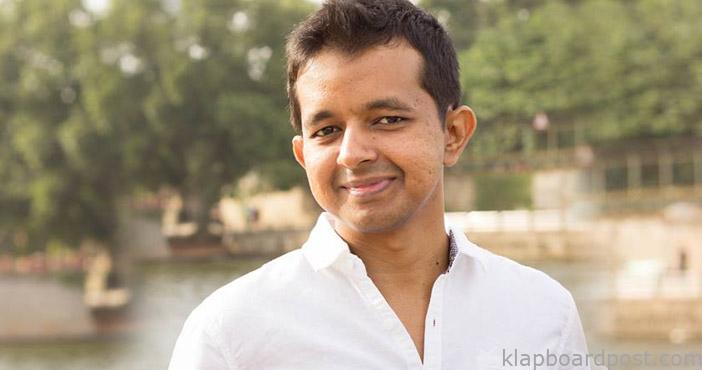
Naveen is all praise for Ashok for showing the emotional quotient of the film, i.e the mother son sentiment in a unique way. They are like best friends. The music elevated the background music and the director worked a lot on it. He got live recording done in Chennai and since there were no songs, they had to elevate scenes. Since the actors were freshers, they had the luxury of spending the budget on the making and execution. The colour tones were French in nature and shootings were held early mornings and they were specific with lights and worked hard on it. So will the dubbed version rekindle audience interest? “The people have already seen and there are subtitles but still if there are more people who see cinema only if it is made in Telugu, it will certainly help. I am sure they will see. Dia film co-director is doing a film and I will be editing it. My future goal is direction and the script is ready. I guess, this current project is my last in editing. I want to direct a Telugu film and maybe edit too. If I get a good opportunity I want to move to Hyderabad.”













